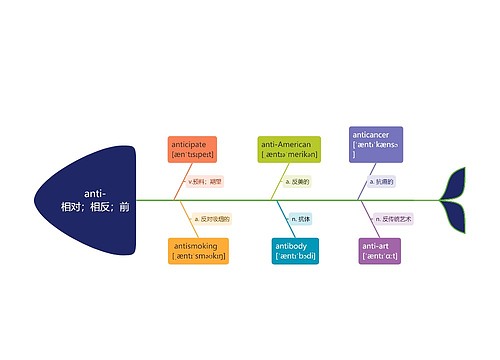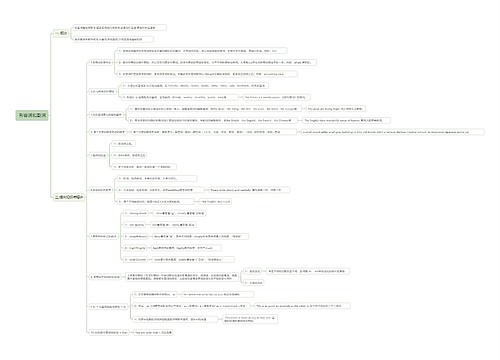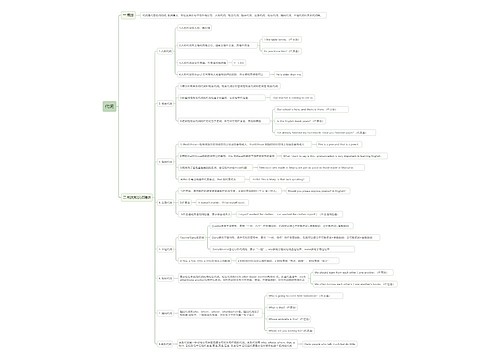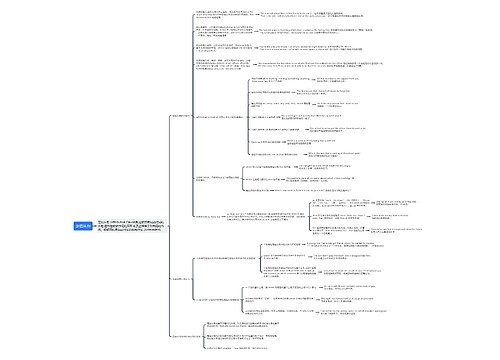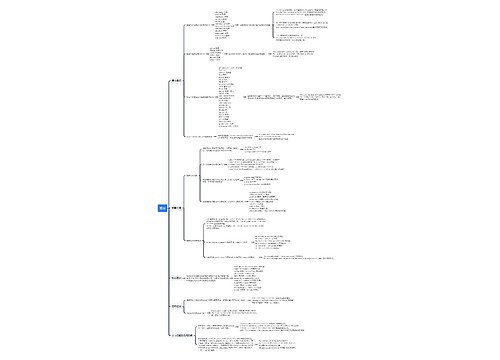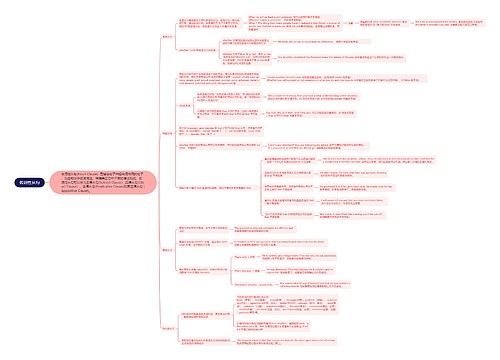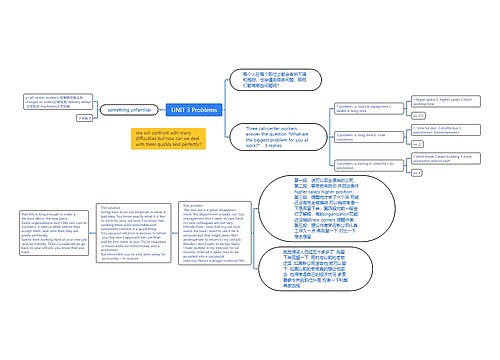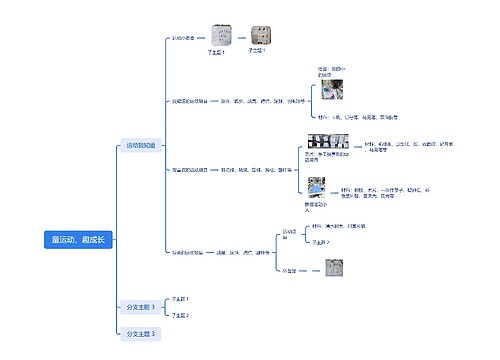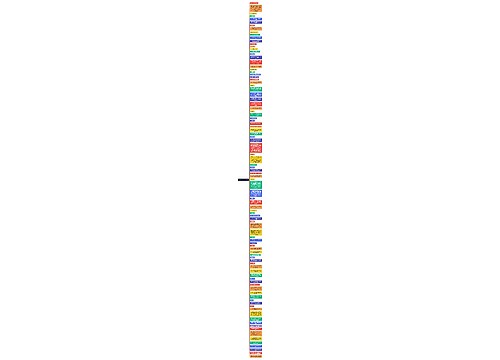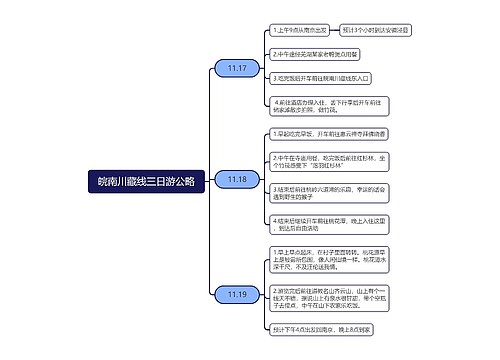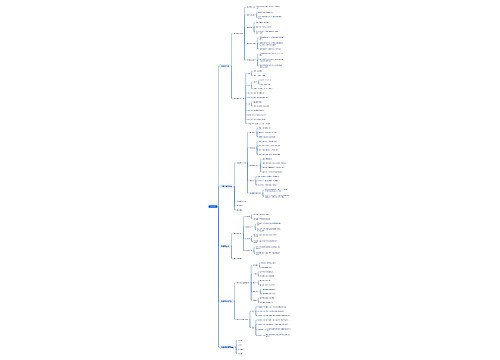2. Learn to obtain information from social media (newspapers, magazines, publicity materials, advertisements, reports, films, television, radio, audiovisual products, lectures, etc.) in the language you are learning and apply it.
3. Learn to appreciate works that are equivalent to the language level but have an expanded vocabulary, such as stories, poems, songs, plays, etc. And can react to them and even create their own.
2. The focus of the task is to solve a certain communication problem, and closely related to life.
3. Focus on real life situations.
2. Promoting students to actively participate in language communication activities is helpful to inspire their imagination and creative thinking, and is conducive to exerting students' subjective role.
3. The content of the activity involves a wide range of information, which is helpful to expand students' knowledge.
2. There is no emphasis on correcting mistakes at all times, which is not conducive to developing students' accuracy in using language.
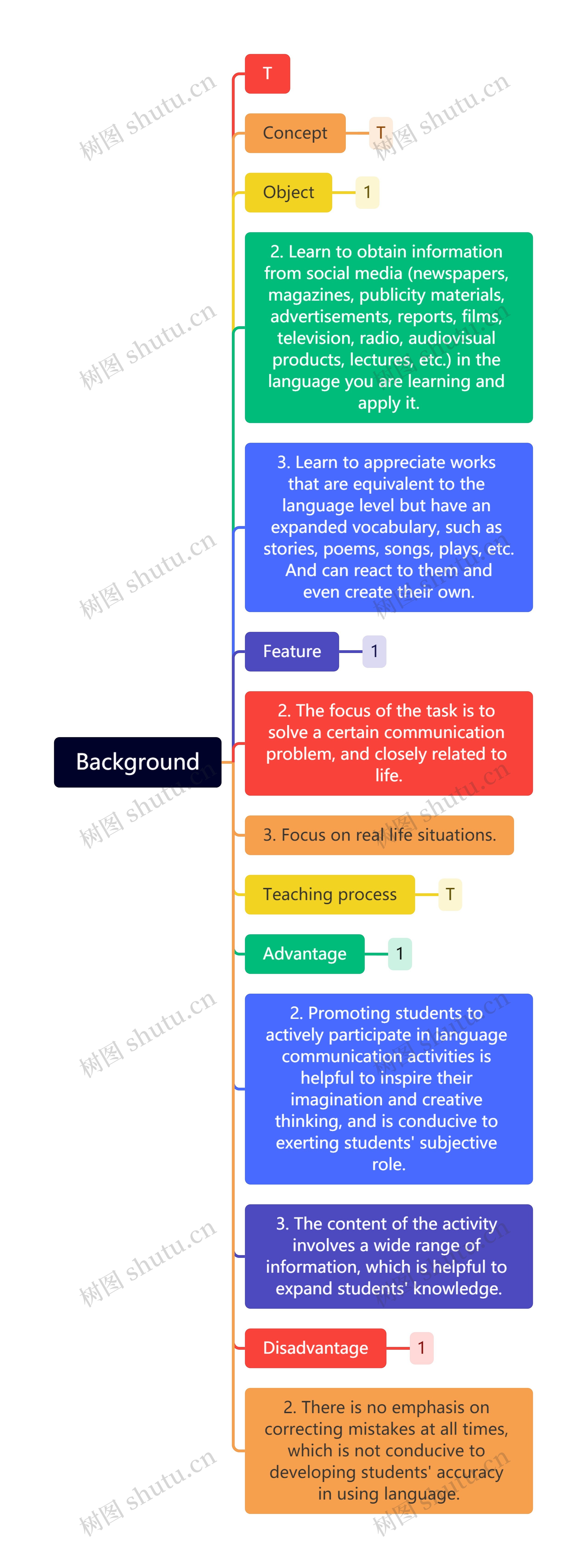
 你拥我暖
你拥我暖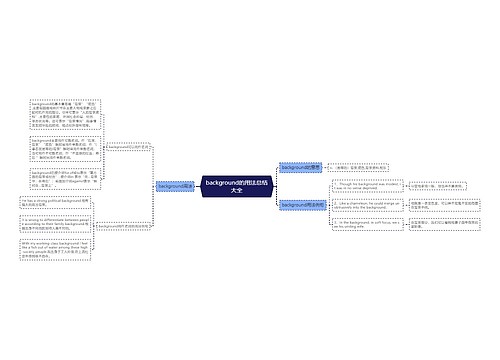
 U127881159
U127881159